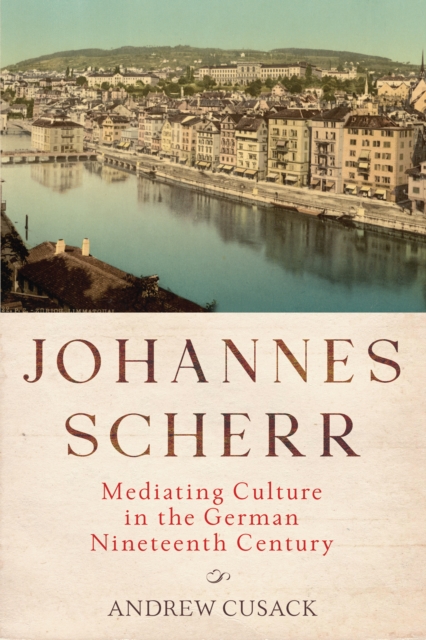
Johannes Scherr : Mediating Culture in the German Nineteenth Century PDF
by Andrew Cusack
Part of the Studies in German Literature Linguistics and Culture series
Description
Traces the career of the widely read cultural historian Johannes Scherr and his development of a new kind of historical writing for the increasingly globalized 19th-century world.
The German nineteenth century saw a boom in publishing and reading that created opportunities not only for Dichter, creators of great literature, but also for Schriftsteller, authors of the second rank. Among the latter were cultural mediators who helped readers negotiate the ever-expanding galaxy of print. Few achieved greater prominence than Johannes Scherr, whose remarkable career as a critic, anthologist, and historian of German and world literature began in the turbulent Vormarz era and continued during years of exile in the unlikely setting of the Zurich Polytechnic. He wrote from the vantage point of Switzerland, but his books were published in Germany, where his polemical style found favor.
Andrew Cusack's study traces the process of Scherr's literary socialization as mediator in the "contact zone" formed by the Kingdom of Wurttemberg and Switzerland, whose liberal project of Volksbildung inspired him. It considers how his liminal position between nations and between the humanities and the sciences led him to develop a form of historical authorship for the increasingly globalized nineteenth century. The book considers Scherr's engagement with the totalizing paradigms of cultural history and world literature and sets his pessimistic worldview in the context of the materialism and violent political agitation that threatened democratic values in Switzerland and elsewhere.
Information
-
Download - Immediately Available
- Format:PDF
- Pages:204 pages
- Publisher:Boydell & Brewer Ltd
- Publication Date:15/03/2021
- Category:
- ISBN:9781787448117
Information
-
Download - Immediately Available
- Format:PDF
- Pages:204 pages
- Publisher:Boydell & Brewer Ltd
- Publication Date:15/03/2021
- Category:
- ISBN:9781787448117










